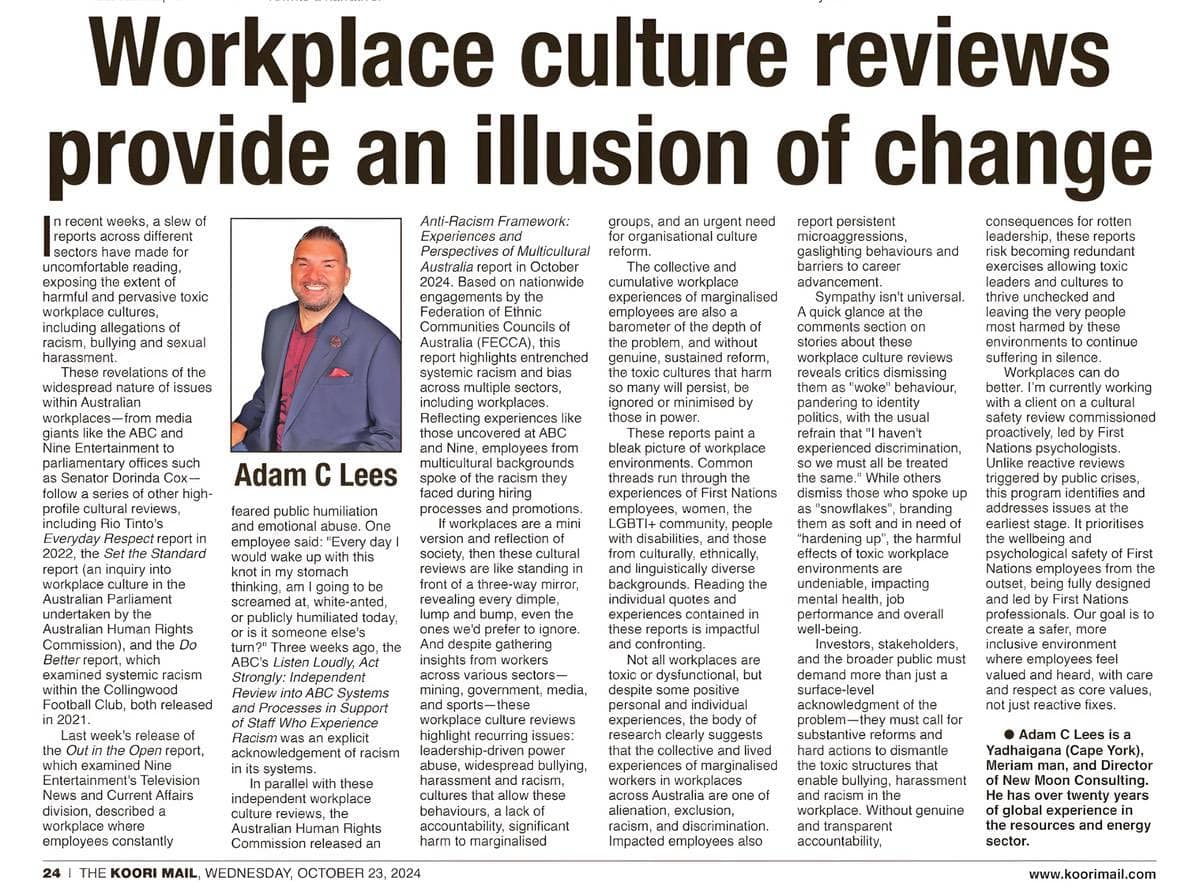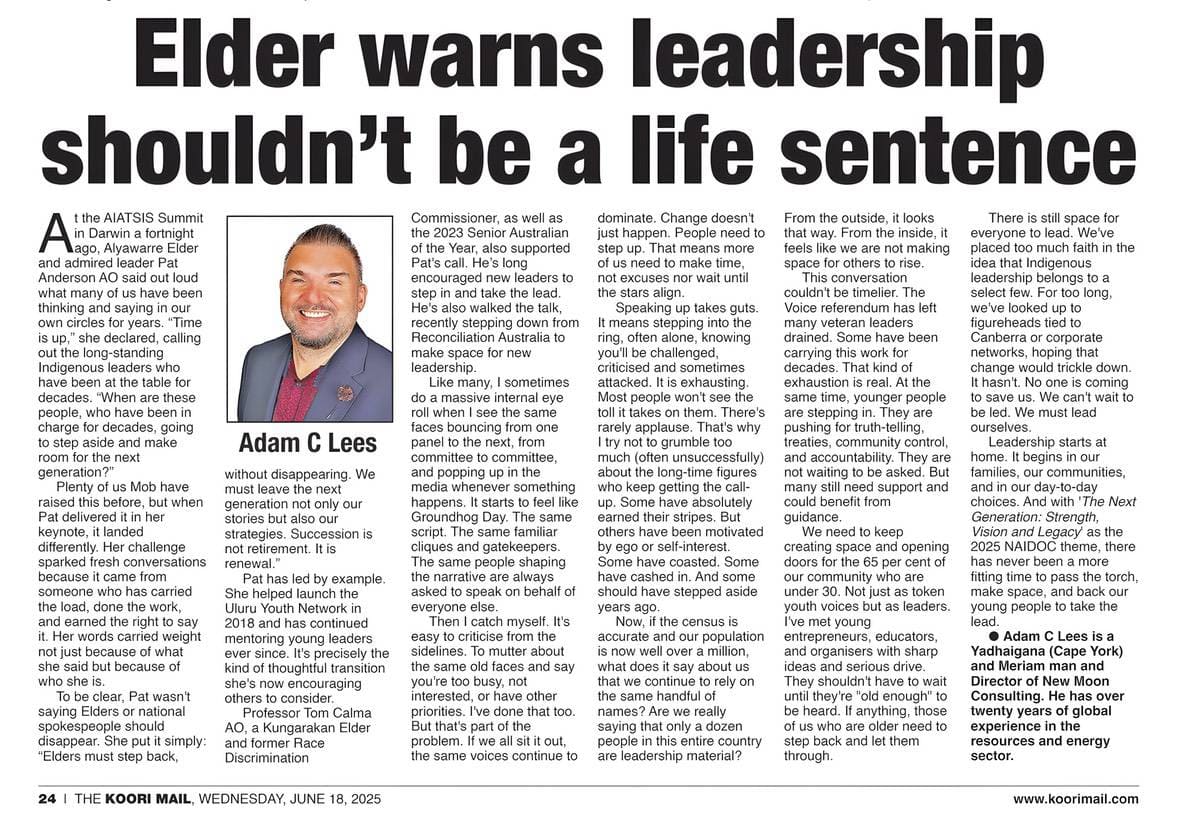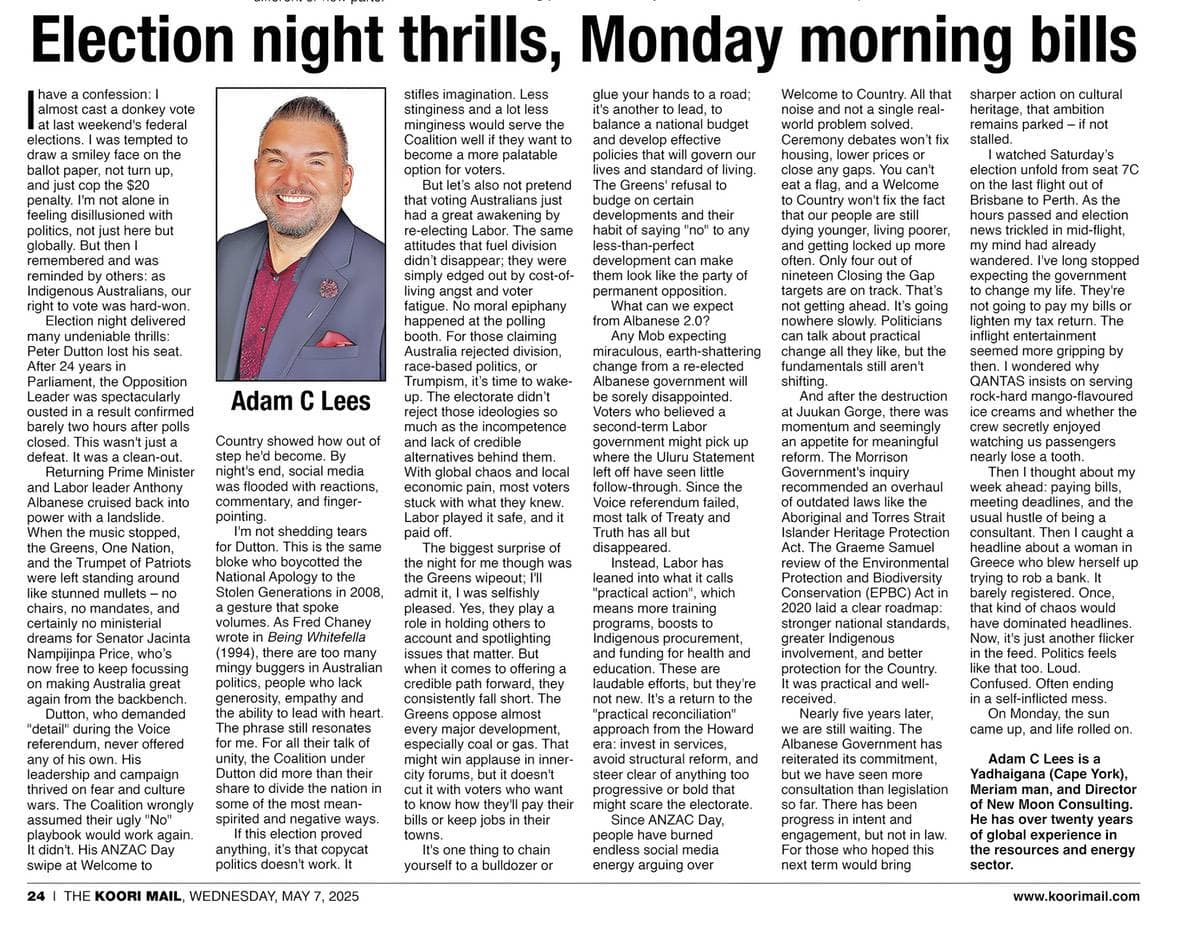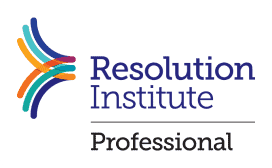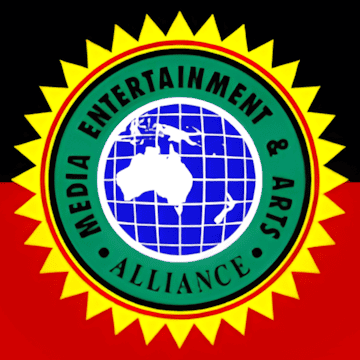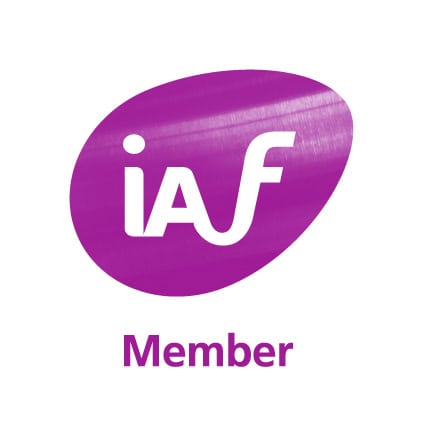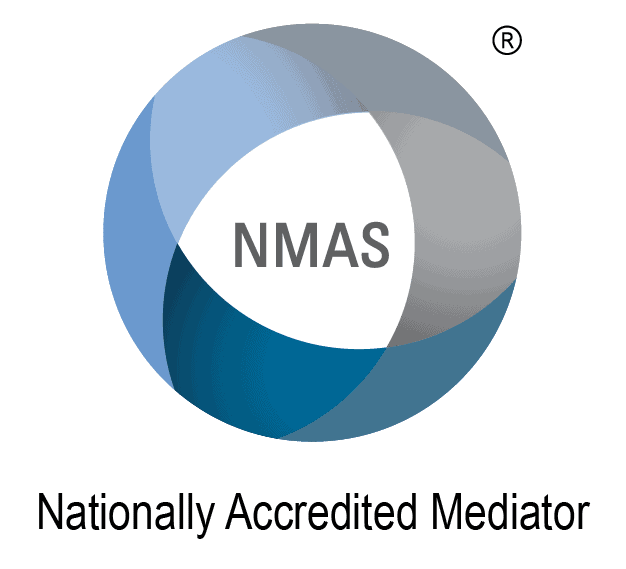In recent weeks, a slew of reports across different sectors have made for uncomfortable reading, exposing the extent of harmful and pervasive toxic workplace cultures, including allegations of racism, bullying, and sexual harassment.
These revelations of the widespread nature of issues within Australian workplaces—from media giants like the ABC and Nine Entertainment to parliamentary offices such as Senator Dorinda Cox—follow a series of other high-profile cultural reviews, including Rio Tinto’s Everyday Respect report in 2022, the Set the Standard report (an inquiry into workplace culture in the Australian Parliament undertaken by the Australian Human Rights Commission), and the Do Better report, which examined systemic racism within the Collingwood Football Club, both released in 2021.
Last week’s release of the Out in the Open report, which examined Nine Entertainment’s Television News and Current Affairs division, described a workplace where employees constantly feared public humiliation and emotional abuse. One employee said: “Every day I would wake up with this knot in my stomach thinking, am I going to be screamed at, white-anted, or publicly humiliated today, or is it someone else’s turn?” Three weeks ago, the ABC’s Listen Loudly, Act Strongly: Independent Review into ABC Systems and Processes in Support of Staff Who Experience Racism was an explicit acknowledgement of racism in its systems.
In parallel with these independent workplace culture reviews, the Australian Human Rights Commission released An Anti-Racism Framework: Experiences and Perspectives of Multicultural Australia report in October 2024. Based on nationwide engagements by the Federation of Ethnic Communities Councils of Australia (FECCA), this report highlights entrenched systemic racism and bias across multiple sectors, including workplaces. Reflecting experiences like those uncovered at ABC and Nine, employees from multicultural backgrounds spoke of the racism they faced during hiring processes and promotions.
If workplaces are a mini version and reflection of society, then these cultural reviews are like standing in front of a three-way mirror, revealing every dimple, lump, and bump, even the ones we’d prefer to ignore. And despite gathering insights from workers across various sectors—mining, government, media, and sports—these workplace culture reviews highlight recurring issues: leadership-driven power abuse, widespread bullying, harassment, and racism, cultures that allow these behaviours, a lack of accountability, significant harm to marginalised groups, and an urgent need for organisational culture reform.
The collective and cumulative workplace experiences of marginalised employees are also a barometer of the depth of the problem, and without genuine, sustained reform, the toxic cultures that harm so many will persist, be ignored or minimised by those in power.
These reports paint a bleak picture of workplace environments. Common threads run through the experiences of First Nations employees, women, the LGBTI+ community, people with disabilities, and those from culturally, ethnically, and linguistically diverse backgrounds. Reading the individual quotes and experiences contained in these reports is impactful and confronting.
Not all workplaces are toxic or dysfunctional, but despite some positive personal and individual experiences, the body of research clearly suggests that the collective and lived experiences of marginalised workers in workplaces across Australia are one of alienation, exclusion, racism, and discrimination. Impacted employees also report persistent microaggressions, gaslighting behaviours, bullying, and barriers to career advancement.
Sympathy isn’t universal. A quick glance at the comments section on stories about these workplace culture reviews reveals critics dismissing them as “woke” behaviour, pandering to identity politics, with the usual refrain that “I haven’t experienced discrimination, so we must all be treated the same.” While others dismiss those who spoke up as “snowflakes,” branding them as soft and in need of “hardening up,” the harmful effects of toxic workplace environments are undeniable, impacting mental health, job performance, and overall well-being.
Investors, stakeholders, and the broader public must demand more than just a surface-level acknowledgment of the problem—they must call for substantive reforms and hard actions to dismantle the toxic structures that enable bullying, harassment, and racism in the workplace. Without genuine and transparent accountability, consequences for rotten leadership, these reports risk becoming redundant exercises allowing toxic leaders and cultures to thrive unchecked and leaving the very people most harmed by these environments to continue suffering in silence.
Workplaces can do better. I’m currently working with a client on a cultural safety review commissioned proactively, led by First Nations psychologists. Unlike reactive reviews triggered by public crises, this program identifies and addresses issues at the earliest stage. It prioritises the wellbeing and psychological safety of First Nations employees from the outset, being fully designed and led by First Nations professionals. Our goal is to create a safer, more inclusive environment where employees feel valued and heard, with care and respect as core values, not just reactive fixes.
Adam C Lees is a Yadhaigana (Cape York), Meriam man, and Director of New Moon Consulting. He has over twenty years of global experience in the resources and energy sector.
